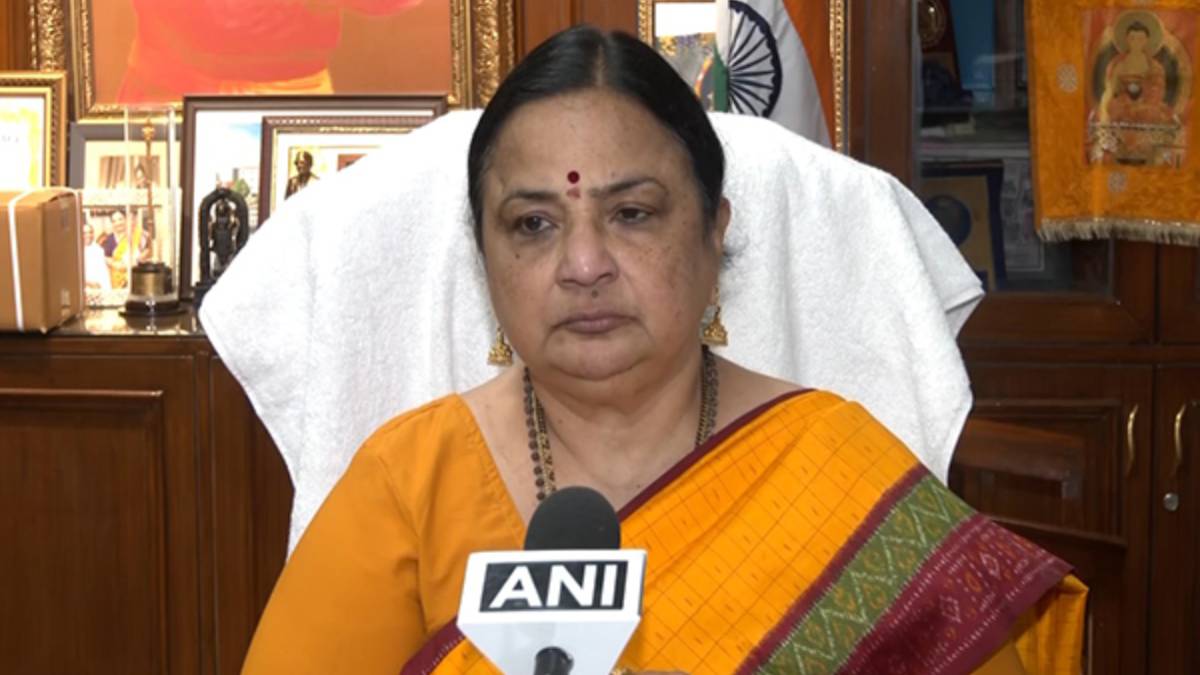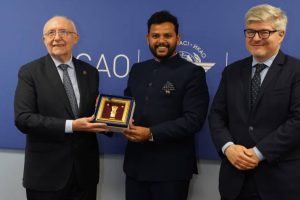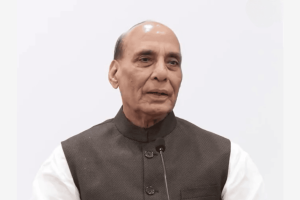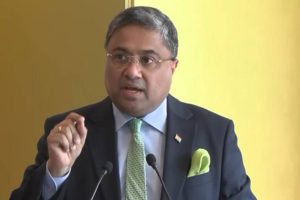Jawaharlal Nehru University (JNU) has suspended its Memorandum of Understanding (MoU) with Inonu University in Turkiye, citing national security concerns and accusing Turkiye of supporting terrorism and betraying India.
Speaking to ANI on Thursday, JNU Vice-Chancellor Santishree Dhulipudi Pandit confirmed the decision, saying the university could not maintain academic ties with a country that “supports terror and stabs India in the back.”
“We have 98 MoUs with different countries. JNU teaches the Turkish language. But we believe national interest must come first. That’s why we decided to suspend ties with Turkiye to stand firmly with the Indian Armed Forces,” said Pandit.
She emphasized that as a public institution funded by Indian taxpayers, JNU’s loyalty must lie with the Indian state. Highlighting the institution’s contribution to national service, she noted that several top defence personnel, including current chiefs of the armed and naval forces, are JNU alumni.
Commenting on Operation Sindoor, initiated by the Indian Army to counter cross-border terror threats, Pandit praised the Indian armed forces and lauded Prime Minister Narendra Modi for demonstrating “political will” and showcasing India’s indigenous military capabilities to the world.
“It’s not that we lacked the technology earlier. But this time, there was the political will to use it decisively. The world is now witnessing India’s unmatched airpower—powered by made-in-India systems,” she said.
On the Pahalgam terror attack, the JNU VC strongly condemned Pakistan’s alleged involvement, calling the attack “barbaric” and accusing Islamabad of promoting religious extremism.
“India has long been a victim of terrorism, and there is no doubt about Pakistan’s involvement. No religion supports such barbarity. I’m glad India responded with restraint and on our own terms,” Pandit added.
The move by JNU comes amid growing calls across India to boycott Turkish products, following Ankara’s support for Pakistan during India’s anti-terror operations.
In Himachal Pradesh, farmer organisations have urged Prime Minister Modi to ban apple imports from Turkey and impose stricter duties and quality checks on fruit imports from other nations.
The diplomatic rift appears to be widening, with both educational and economic responses from India aimed at penalizing Turkiye for its perceived stance on regional security and terrorism.





